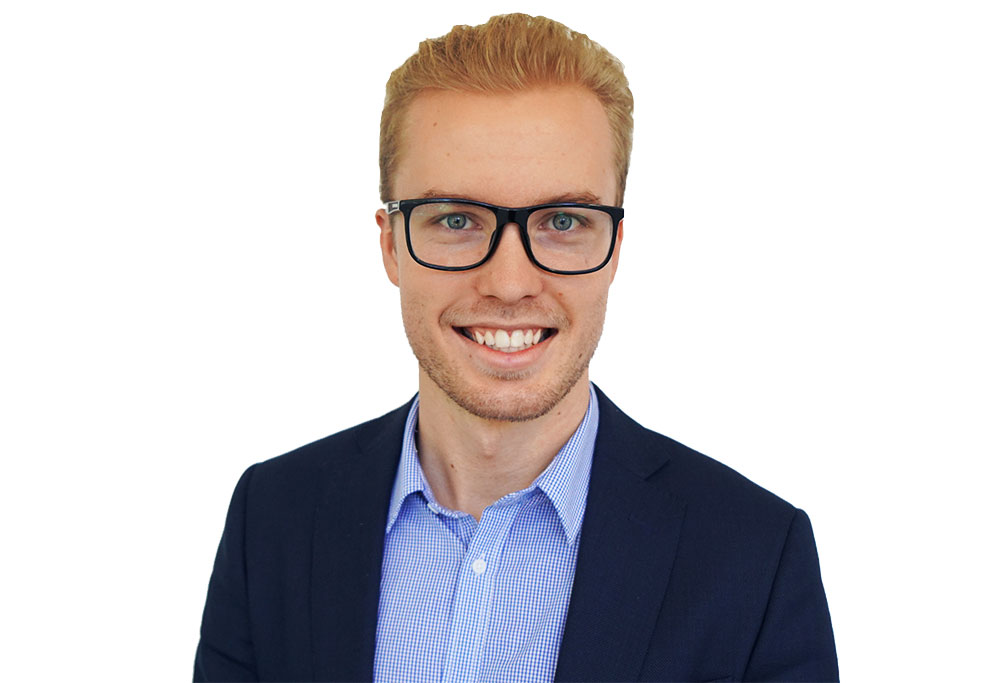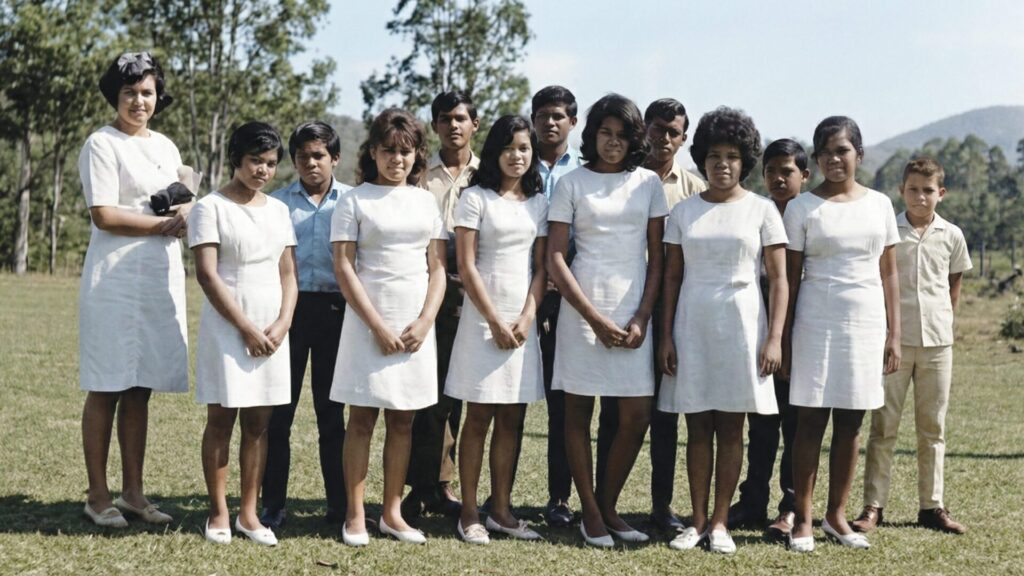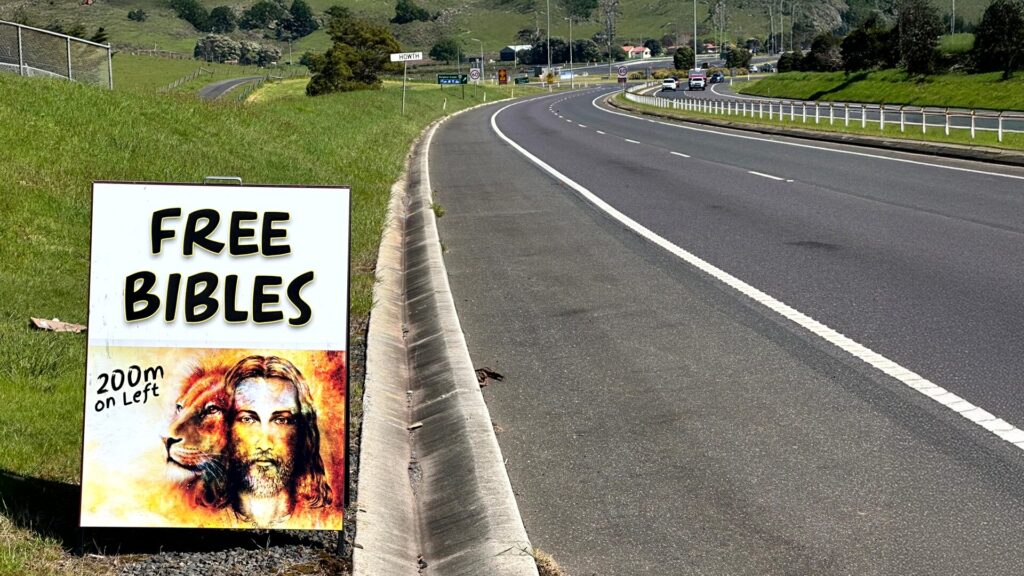The year is 1987. The place is Goiânia, Brazil. Two men break into an abandoned hospital looking to steal a few remaining valuable items and sell them as parts. They come across a teletherapy unit which has been neglectfully left behind. In their ignorance, they begin dismantling it into smaller pieces.
That night, both men begin to feel strangely ill, and one admits himself to a local clinic only to be told that he has food poisoning. The other, Roberto dos Santos Alves, persists with examining his newly found treasure. On September 16, he manages to successfully punch through a capsule’s exterior and is confronted with an otherworldly blue glow.
A few days later he sells the capsule to a junk yard. The owner of the business notices the glow and brings his family and friends over to check it out. The supernatural or alien-looking substance captivates the imagination of many, including the junk yard owner’s brother, who brings the capsule home and allows his daughter to play with what they perceive as “fairy dust”.
Fifteen days after the capsule was found, the junk yard owner’s wife returns it to a hospital after noticing a string of people—including herself—falling strangely ill. Little did she or any one of her family or friends realise—the small capsule actually housed the highly radioactive substance caesium chloride. What followed was a massive operation including 112,000 people being examined for radiation poisoning, with 249 people found to have been primarily or secondarily poisoned. The “innocent” opening of a caesium capsule is now considered by the International Atomic Energy Agency as “one of the world’s worst radiological incidents”.
Whether or not you believe in chaos theory or the butterfly effect, we often forget that as Christians, the small things we do can have a cumulative effect. It can be difficult to remember this as we seek to do God’s work as described in the Great Commission—“Therefore go and make disciples of all nations” (Matthew 28:19). We live in a results-oriented society. When money is invested into a project or initiative, it’s the numbers at the end of it that are considered the ultimate measure of success.
You may be familiar with the classic parable of the sower. A farmer was scattering seed but found some of it was eaten by birds, others fell on rocks, burnt by the sun or choked by thorns. But those that fell on good soil “produced a crop—a hundred, sixty or thirty times what was sown” (Matthew 13:8).
It’s very easy to see ourselves as the sower. As a result, we take on the burden of making sure the seeds land in the right place, and we feel like failures when by our own expectations, they don’t.
The same goes with some of my work as a media professional. There are many hours spent writing articles I self-consciously don’t think anyone will read, or filming and editing videos that I assume no-one will watch.
Taking full personal responsibility for the outcome of ministry work—and sometimes beating myself up when things don’t go to plan—is actually ignoring the God factor. In the parable of the sower, what role do we take? Are we the sowers? Perhaps the real sower is God, and we are the sower’s hand. Rather than focusing on where the seed falls and what happens next, we need to trust God.
Recently I received an email about a 20-year-old long forgotten Signs of the Times magazine that piqued someone’s interest enough to ask us a question. I’m sure the Signs team back then didn’t think their magazine would be starting conversations all those years later! Or recently, a traveller picked up a Signs magazine at a New Zealand airport and sent us an email about how much they enjoyed the articles. They now want to receive the magazine each month for themselves.
The Goiânia Incident is a tragedy that started with two people busting open a caesium capsule and ended up negatively impacting the lives of 112,000 people. How many lives can God change through us when we take the positive, life-changing message of the gospel to the whole world! I pray this will be our continued mission.






